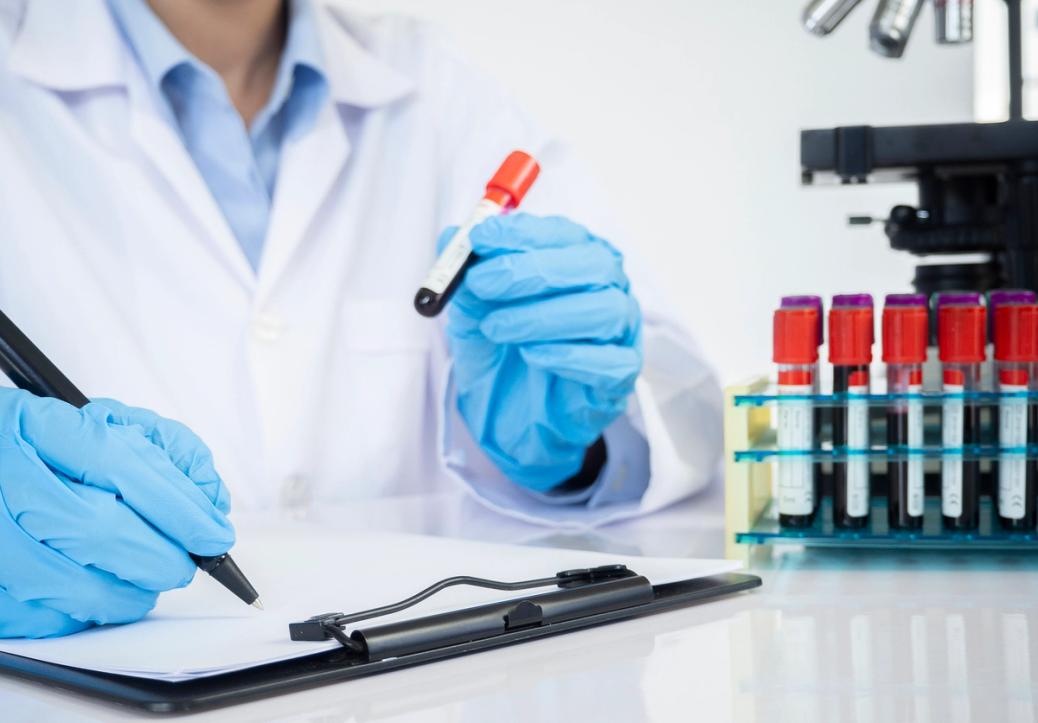question
which types of tests are most effective in detecting and diagnosing arthritis?
When it comes to detecting and diagnosing arthritis, various tests play crucial roles. In my sources, several methods are highlighted, each serving specific purposes in the diagnostic process.
Blood Tests
Blood tests are commonly used to help diagnose certain types of arthritis and monitor disease progression. Here are some of the most effective blood tests:
-
Erythrocyte Sedimentation Rate (ESR): This test measures inflammation levels in the body. A high ESR indicates greater inflammation but does not specify its location or cause.
-
C-Reactive Protein (CRP): Similar to the ESR, this test measures inflammation through a specific protein in the blood. Elevated CRP levels suggest acute inflammation or infection.
-
Anti-Cyclic Citrullinated Peptide Antibody (Anti-CCP): This test is particularly useful for diagnosing rheumatoid arthritis (RA), especially in its early stages. A positive result indicates a high likelihood of developing RA.
-
Rheumatoid Factor (RF): This antibody is found in many individuals with RA. However, it is not definitive, as some people with RA may test negative, and healthy individuals can also test positive.
-
HLA Typing: This test identifies genetic markers associated with certain types of arthritis, such as spondyloarthritis. While the presence of these markers can indicate a higher risk, they are not exclusive to those with arthritis.
-
Antinuclear Antibody (ANA): This test screens for autoimmune disorders. A positive ANA test may suggest conditions like systemic lupus erythematosus (SLE) but requires further testing for a definitive diagnosis.
Joint Examination and Imaging
In addition to blood tests, physical examinations and imaging techniques are vital in diagnosing arthritis:
-
Joint Examination: A thorough examination by your doctor is often the first step. They will assess your joints for swelling, redness, warmth, and range of motion.
-
X-rays and Scans: Imaging tests, such as X-rays or MRIs, can help visualise joint damage or inflammation. These tests are particularly useful in ruling out other conditions or assessing the severity of arthritis.
Other Diagnostic Methods
-
Testing Other Body Fluids: In some cases, your doctor may analyse joint fluid or urine to gather more information about your condition.
-
Symptom Assessment: Your doctor will also consider your symptoms, such as pain, stiffness, and any patterns you notice, to aid in diagnosis.
Conclusion
While blood tests are essential in diagnosing certain types of arthritis, they are often used in conjunction with physical examinations and imaging techniques. Not all forms of arthritis can be diagnosed through blood tests alone, and some conditions, like osteoarthritis, may not require them at all.
If you suspect you have arthritis or are experiencing joint pain, it is crucial to consult your healthcare professional. They can guide you through the appropriate tests and help determine the best course of action for your specific situation. Always remember that early diagnosis and treatment can significantly improve outcomes and quality of life.
This information is not a substitute for professional medical advice, diagnosis or treatment. Always consult a registered healthcare professional about matters that affect your health. Clara uses artificial intelligence to generate general information for personal educational purposes only, not intended to be a management plan and it may contain errors, inaccuracies or may oversimplify concepts.












